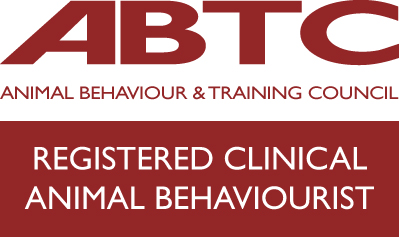Claire

I have always been obsessed with animals. Wanting to understand and treat them better led me to go back to study for an As/Dip in companion animal behaviour counselling at Southampton University in 2001. After I graduated, I did dog walking to gain practical, hands on experience (and money!), I also ran dog training classes from 2006-2010. I gained full membership of the association of pet behaviour counsellors (APBC) in 2007, which qualified me as a clinical animal behavourist or (CAB). After a while, the behaviour work subsumed the dog walking and training classes. Between 2013 and 2018 I co-developed and co-delivered the pet behaviour modules on the Harper Adams animal behaviour and welfare BSc (which I loved). I now find myself wanting to work less but would still like to share my skills and experience. Training classes seem like the ideal focus. Done well, training classes have the potential to help prevent problem behaviours and foster better relationships between dogs and their owners. Everyone’s a winner!
Bloss

Growing up, I always gravitated towards animals and kept many pets! This led to me pursuing a career in veterinary nursing. During my 12 years’ experience as a registered veterinary nurse (RVN), I have taken a keen interest in canine and feline behaviour. This passion fuelled me to move to Shropshire, return to academia and study for a BSC (Hons) in Animal Welfare and Behaviour (clinical) at Harper Adams University and to continue my journey to qualify as a clinical animal behaviourist (CAB). To further this aim, I joined the Fellowship of Animal Behaviour Clinicians (FABC) as a student member.
In practice, I have seen the benefit of using cooperative care to increase confidence in dogs, making veterinary treatment easier to adminster and significantly improving the experience for dogs and owners. It’s so rewarding to see owners taking these skills into the outside world and encouraging their dogs to make good choices to nurture confident and well adjusted dogs – the main objective of these training classes.

